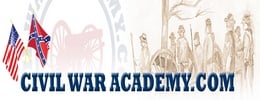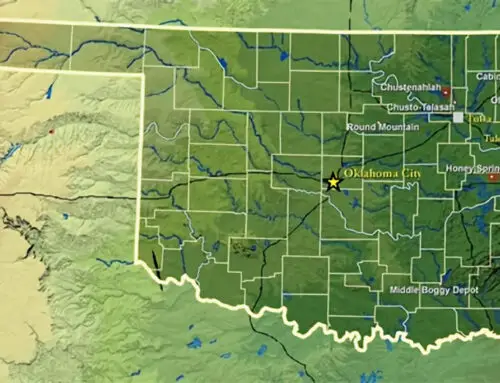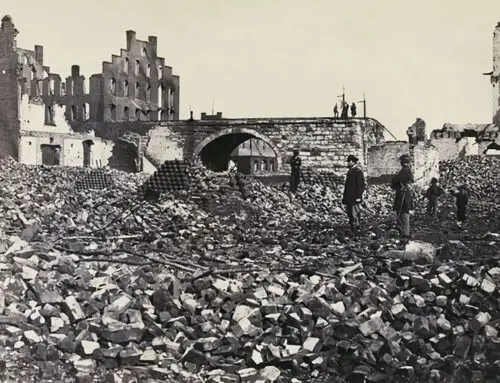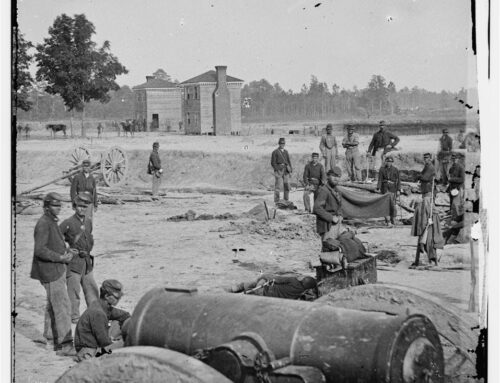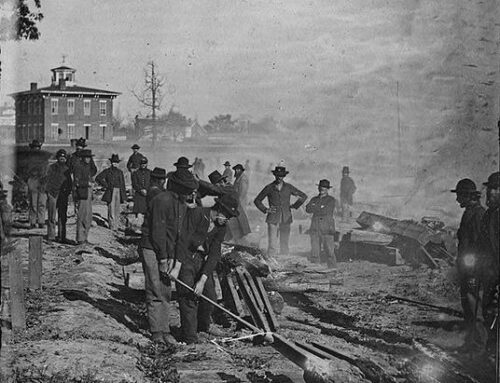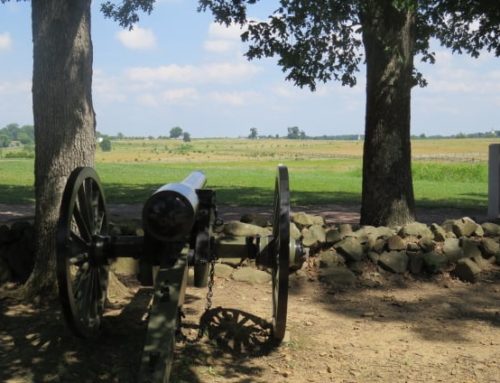April 12th 1864
In April 1864, the Union garrison at Fort Pillow, was attacked by a Confederate division under the guidance of General Nathan Bedford Forrest. This attack would go down in history as one of the motivating factors of the Civil War.
The accusation against Forrest is well known and for good reason. The southern commander is said to be responsible for the massacre of hundreds of surrendered Union soldiers. The killing of men who have surrendered is bad enough, but the fact that the Union soldiers massacred were Afro-Americans, made it all too poignant.
The total number of men present, for both sides, was 3,200, not a huge count for a battle. The north had 295 white soldiers from Tennessee and 262 black troops as well. The southern force had 2,500 men and a competent cavalry division. The odds were always on the side of the Confederates. Major Booth was the commander of the Union garrison and was known for his toughness.
This stubbornness was put to the test as General Forrest, with the assistance of expert marksmen, forced the Union troops into a wedge. The Union force took some light losses and the decision to surrender was at hand. Major Booth was killed during the fighting and was replaced by Major Bradford. The Confederates were able to gain ground on the Union garrison and the time was at hand for a surrender offering. Bradford refused to raise the white flag and the fighting continued into the mid-morning hours. This angered Forrest and he launched an all out attack against the fort with his cavalry and lead field troops.
General Forrest stepped up the voraciousness of the attack and soon the fort was under Confederate control. The losses were heavy in the end for the Union army with only 62 of the original 262 black troops surviving. The losses would have been minimal at best, since the attack lasted only a day and the fort fell the same day, if not for the massacre.
It is believed that General Forrest was so angered by the audacity of the Union commander to no surrender, that he ordered the butchering of the surrendered black soldiers. Although this is left to debate, the high loss of life only experienced by the black troops lends credence to the allegation.
The winning feeling that was experienced by the Confederates was short-lived as they abandoned the fort the same day as when they fought and died for it. The Confederates won the battle and gained control of literally nothing. Ft. Pillow was not a demographic jewel and had little to no value as a southern target.
The northern army would use the action at Ft. Pillow as a tool for motivation in the battles to come. Some historians’ say that the action either concerning the massacre of the black troops led to the victory of the Union army in the Civil War. General Forrest would go to his grave denying any massacre.
